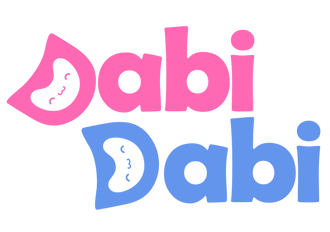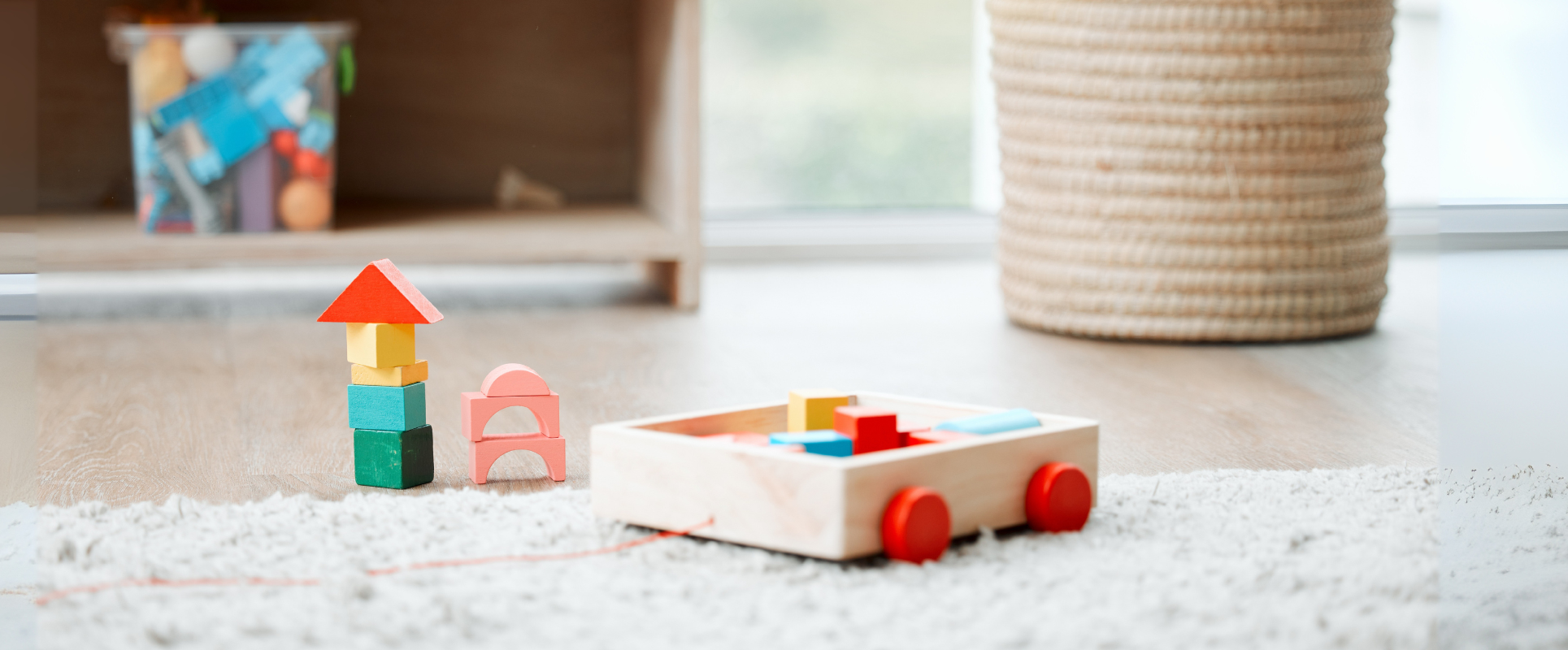
Have Parents Truly Paid Attention to Educating Their Children from an Early Age?
Education is not only about schools and books. It starts the moment a child is born—from the first smile, the first word, to the first step. Yet many parents only begin to think about structured learning once their child is old enough for kindergarten.
But here’s the truth: The first 5 years are the most important for brain development.
Research shows that 90% of a child’s brain develops before age 5 (Center on the Developing Child – Harvard University). So, have parents truly paid attention to their child’s education from the very beginning?
Why Early Education Matters
Early childhood is the foundation for lifelong learning. During this period, children develop:
-
Cognitive skills – problem-solving, memory and language
-
Social skills – empathy, cooperation and communication
-
Emotional resilience – self-control and adaptability
-
Motor skills – coordination and body awareness
Without nurturing these areas early on, children may face gaps in learning and confidence later.
The Role of Parents in Early Learning
Parents are a child’s first teachers. Your actions, words and environment shape how your child sees the world.
-
Talk and listen – Everyday conversations build vocabulary.
-
Play together – Play is the language of learning.
-
Read daily – Reading stimulates imagination and attention span.
-
Encourage curiosity – Answer questions patiently and explore together.
Simple moments like naming colors while dressing or counting steps on the stairs—become powerful lessons.
Common Misconceptions About Early Education
1. “They’re too young to learn.”
False. Babies are constantly learning through their senses and interactions.
2. “Education starts at school.”
School is important, but home is where foundations are laid.
3. “Only expensive programs make a difference.”
No. Quality interaction and a safe, stimulating home environment matter more than costly courses.
Practical Ways to Educate Children from Birth
0–12 months
-
Talk to your baby during daily routines.
-
Sing lullabies and nursery rhymes.
-
Offer safe objects for sensory exploration.
1–3 years
-
Read picture books every day.
-
Encourage role-play (cooking, doctor, shopkeeper).
-
Teach basic self-care (washing hands, putting toys away).
4–5 years
-
Introduce numbers, shapes and letters through games.
-
Encourage drawing and storytelling.
-
Support problem-solving with puzzles and building blocks.
The Emotional Side of Early Education
Education isn’t just academics, it’s also about love, security and confidence. Children learn best when they feel safe and valued. Praise effort, not just results. Show patience when they make mistakes.
How Early Education Shapes the Future
A strong start in life leads to:
-
Better academic performance
-
Stronger social skills
-
Greater adaptability to challenges
-
A lifelong love of learning
The UNESCO Early Childhood Care and Education framework confirms that investing in early years yields the highest returns for society and individuals.
Barriers to Early Education and How to Overcome Them
-
Lack of time – Use everyday activities as teaching moments.
-
Limited resources – Libraries, parks, and community programs are free and valuable.
-
Parent uncertainty – Attend parenting workshops or consult early childhood specialists.
Conclusion
Parents hold the power to shape their child’s future long before formal schooling begins. By being present, intentional and nurturing, you’re not just teaching your child—you’re giving them the best possible start in life.
References
-
Harvard University – https://developingchild.harvard.edu/
-
UNESCO – https://www.unesco.org/en/early-childhood-education
-
Zero to Three – https://www.zerotothree.org/
-
American Academy of Pediatrics – https://www.aap.org/en/patient-care/early-childhood/early-childhood-health-and-development/early-literacy
-
AAP – “Beyond Literacy: Shared Reading Starting in Infancy Offers Lifelong Benefits” – https://www.healthychildren.org/English/news/Pages/beyond-literacy-shared-reading-starting-in-infancy-offers-lifelong-benefits.aspx
-
AAP – Policy Statement: “Literacy Promotion: An Essential Component of Primary Care Pediatric Practice” – https://publications.aap.org/pediatrics/article/134/2/404/32944/Literacy-Promotion-An-Essential-Component-of








